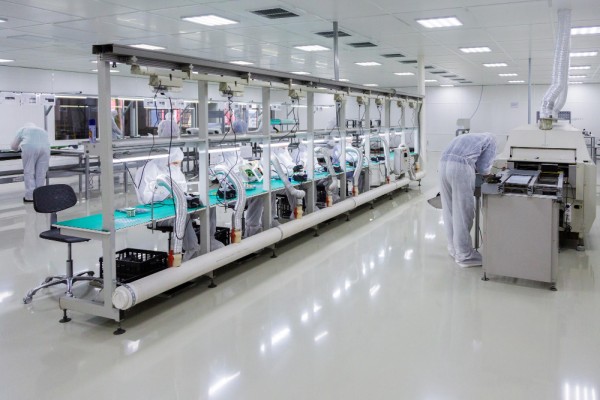Choosing the right flooring for a laboratory in Delhi involves considering factors like durability, cleanliness, resistance to chemicals, and ease of maintenance. Here are some of the best flooring solutions for labs:
Ecotile Flooring
Because of its longevity, ease of maintenance, and environmental friendliness, ecotile flooring is a flexible choice for laboratory settings. Here’s a thorough explanation of why Ecotile flooring can be a wise investment in a laboratory environment or lab flooring.
Heavy Duty: Ecotile is designed to withstand heavy foot traffic and the movement of equipment, making it suitable for busy lab environments.
Impact Resistance: It provides a resilient surface that can absorb impacts, which helps protect both the flooring and the lab equipment.
Epoxy Flooring
Durability: Highly resistant to heavy foot traffic and mechanical wear.
Chemical Resistance: Excellent resistance to a wide range of chemicals, including acids and solvents.
Maintenance: Easy to clean and maintain, providing a seamless surface that prevents dirt and bacteria buildup.
Cost: Generally cost-effective in the long run due to low maintenance needs.
Vinyl Flooring
Durability: Tough and resilient, with good resistance to impact and heavy loads.
Chemical Resistance: Offers decent resistance to many chemicals, though not as high as epoxy.
Maintenance: Easy to clean, but may require regular maintenance to keep it in top condition.
Cost: Often less expensive upfront compared to epoxy.
Anti-static Flooring
Durability: Designed to withstand the wear and tear of high-traffic environments.
Chemical Resistance: Offers protection against chemical spills, particularly important in labs dealing with electronic components.
Maintenance: Easy to clean and maintain, essential for maintaining a contamination-free environment.
Cost: Can be on the higher side but worth the investment for labs dealing with sensitive electronic equipment.
Ceramic or Porcelain Tiles
Durability: Highly durable and can handle heavy loads and impacts.
Chemical Resistance: Good resistance to chemicals and easy to clean.
Maintenance: Requires grout cleaning, which can be a bit labor-intensive compared to seamless options.
Cost: Can be more expensive, especially for high-quality options.


